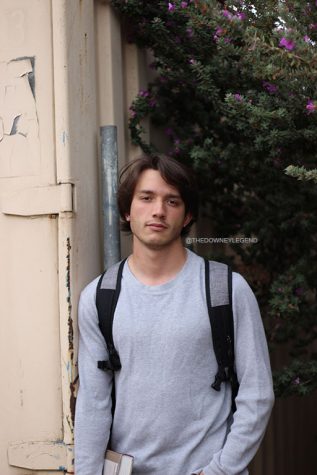In Memoriam Fidel Castro
December 16, 2016
Fidel Castro died on the night of Nov. 25, leaving behind a controversial legacy as de jure dictator of Cuba from 1959 to 2006. People are quick to paint Fidel Castro as either bad or good, depending on their ideological and political views.
A man with imperious willpower, Castro dominated Cuban politics as President of Cuba and used whatever authority necessary to strain relations with the United States. Castro soon afterward looked to the Soviet Union (USSR) for financial and industrial support.
As a result, Cold War tensions built up close to the coast of Florida, a major security concern for the Kennedy Administration. A direct confrontation between the superpowers culminated once the USSR began installing ballistic missiles in Cuba at Fidel Castro’s request. In the 13 days of the Cuban Missile Crisis, the US was on the brink of nuclear war.
The crisis was resolved. Both sides agreed to retire missiles in Cuba and Turkey that posed a threat to either superpower and international relations.
In the aftermath, Cuba had tangled relations with the USA and embargoes against the island were strictly enforced. The Cuban economy was poor and domestic tranquility was low. Castro placed severe restrictions on capitalist structures such as prices and capital business enterprises. Insurrectionists were executed for attempting to overthrow him or even openly criticize his policies.
Castro seized power, held it and wielded it through media propaganda, business regulations and trade restrictions. The communist USSR facilitated his aggrandizement through supplies and economic support. Cuba’s dependence was doomed from the start once the USSR dissolved in 1991.
Castro began to see his influence weakening and was forced to enact changes. He allowed the Cuban Peso to be exchanged for dollars and expanded capitalist enterprises within the island. After a growth in the economy, he reverted things back to the prior state of affairs.
A sluggish economy and a despotic government had produced malaise in the people of Cuba. The revolutionary democracy Castro had sworn to establish after his overthrow of Batista was soon exposed as a lie. Dissidents had seen his hypocrisy and Cuba’s middle-upper class fled to the USA. Castro’s own sister, Juanita Castro, emigrated to the USA and vocally protested against her own brother’s regime.
Castro’s vision of Cuba and his people was an Anti-American stance: no to American media, culture, power, and avarice. When asked if he considered himself a dictator, Castro replied in an New York Times article, “If his [President Ronald Reagan] power includes something as monstrously undemocratic as the ability to order a thermonuclear war, I ask you, who then is more of a dictator, the President of the United States or I?”
American exceptionalism and global supremacy irked Castro and pushed him to be proud of his country’s isolation. “Cuba is the only country in the world that does need to trade with the United States,” Castro said to the New York Times.
Fidel Castro’s goal was principally to rally against American predominance, it was not foremost a socialist intent or revolution. The man rose to power and placed Cuba on the international stage on a level never before seen.
Whatever his legacy, it is certain the Castro’s death has ended a chapter in the history books. The future of Cuba is not particularly bright; Raul Castro, brother of Fidel, is the President of Cuba and whether he will guide his country in a better direction, open up markets and broker affable ties with the U.S. is something the world will have to look forward to.



